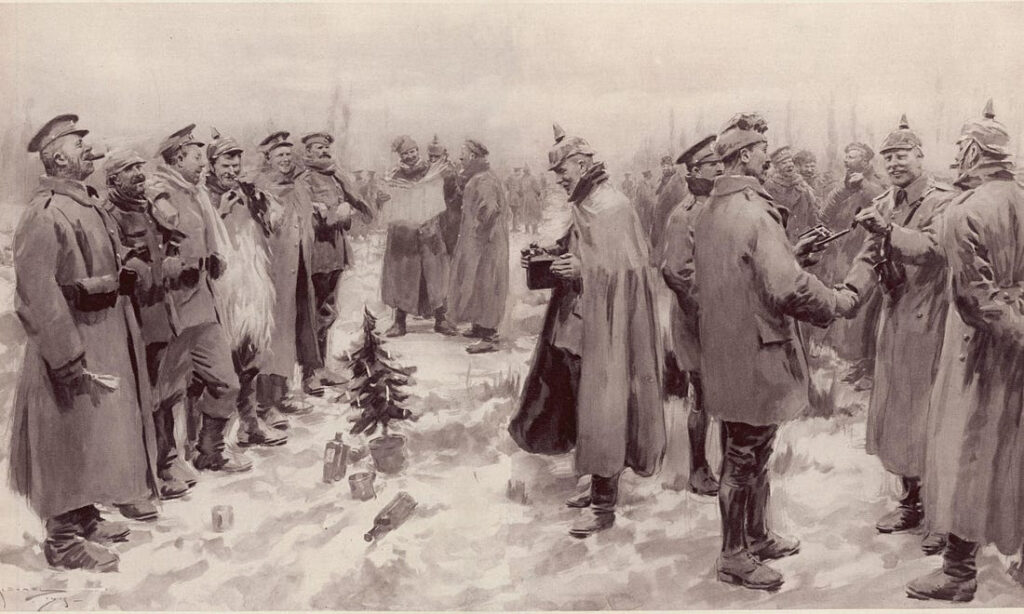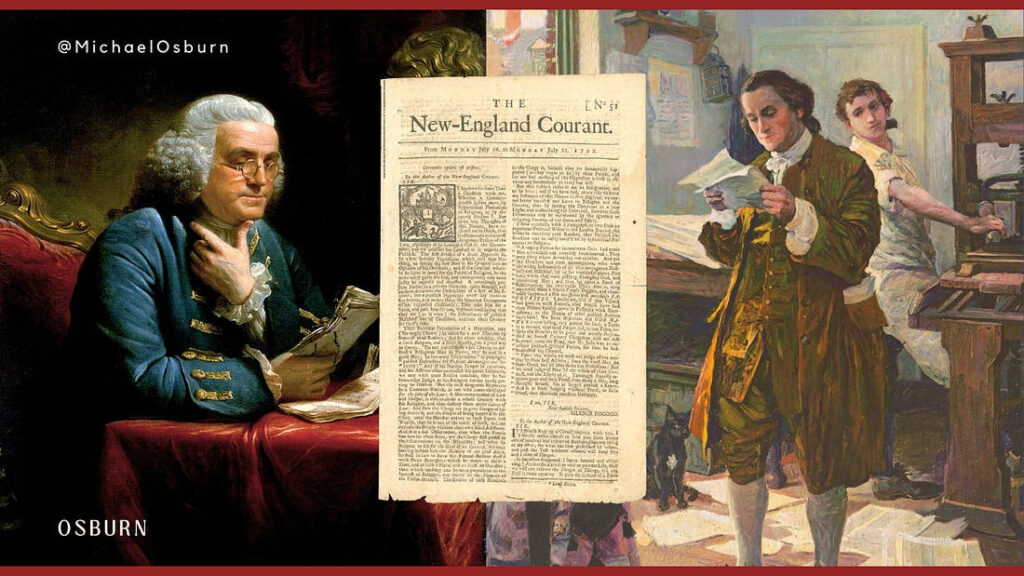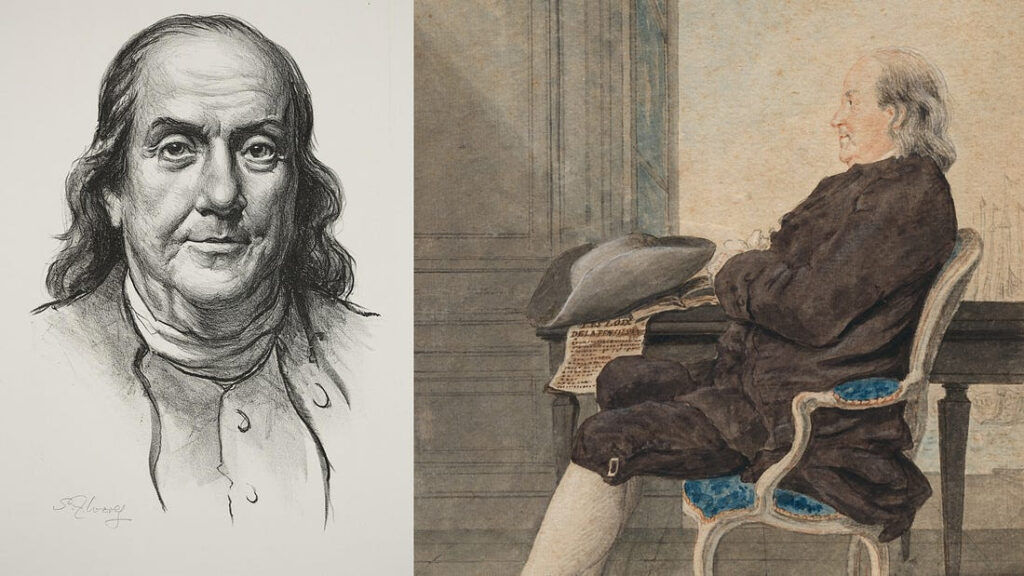3 Insights
“The years teach much which the days never knew.” — Ralph Waldo Emerson
“The greatest discovery of my generation is that a human being can alter his life by altering his attitudes.” — William James
“The true spirit of conversation consists more in bringing out the cleverness of others than in showing a great deal of it yourself; he who goes away pleased with himself and his own wit is also greatly pleased with you. Most men would rather please than admire you; they seek less to be instructed, and even to be amused, than to be praised and applauded.” — Jean de La Bruyère
What I Learned this Week
It was Christmas Eve, during WWI between the British and German troops, the sound of artillery gave way to something else, a song pierced the air, “Stille Nacht.” British soldiers responded with “Silent Night.” By morning, men climbed from their trenches, and met in no man’s land. There, they shook hands and shared gifts. Some buried the dead together, some began to drink. But the meaning was the same. These soldiers, many no older than 20, shared jokes and stories with men they’d been ordered to kill the day before.

The high command, on both sides, disapproved. The truce had not been authorized. Letters and diary entries from soldiers describe how, soon after, they were commanded to resume hostilities. But for that moment, the war paused itself.
As one British soldier wrote,
“We stuck up a board with ‘Merry Christmas’ on it. The Germans did the same. Two of our men put down their rifles and went out and were met by two Germans, who said that if we didn’t fire, they wouldn’t. We spent the day burying the dead, and after that, we had a game of football.”
Wars are not created by people.
They are orchestrated by rulers.
And sometimes, when the soldiers meet in silence,
They remember they were never meant to be enemies.
Benjamin Franklin and his origin story
Benjamin Franklin, at the age of 12, went to work as an apprentice at his brother’s printing shop in Boston. In 1721, James Franklin founded the New England Courant, the second newspaper in America. Benjamin was taught how to edit manuscripts and handle the printing machines. His dream, however, was to become a good writer. He approached his brother, but James was not interested in letting him contribute to the new paper. One day, it occurred to Benjamin to write an anonymous article under the pseudonym Silence Dogood. At night he would slip the letters under the door undetected and watched as his brother published them.
The New England Courant was a liberal newspaper, known for publishing humorous articles and cartoons critical of the colonial government. One of the pieces published in June 1722 offended the Assembly. James was jailed for two weeks for contempt, as he refused to disclose the author. While James was in jail, Benjamin ran the business at the age of 12. The newspaper was published under his name and continued to be until the Courant ceased operation in 1726.

Benjamin not wanting to continue his apprenticeship in New England escaped to Pennsylvania to find work at a local printing shop. Back then, Pennsylvania was quite small, so word spread quickly that a new voice had arrived in town. The governor, who had a vision to turn Pennsylvania into a cultural hub, sought Benjamin out and offered to sponsor him in starting his own business. Not even 20 years old, Benjamin agreed and set off on a transatlantic journey to London to purchase the necessary equipment. Unfortunately, once he arrived, he never heard back from the governor. With no money to return to the colonies, he decided to find a job in London and save enough for the trip back.
When he returned to Pennsylvania, he went back to his former employer, Keimer. He had five men that needed training, but once Benjamin completed this task, there would be little work left for him. Imagining the situation from Keimer’s perspective, it was clear he likely resented Benjamin for leaving to pursue his ambitions in London. His intentions were transparent: he wanted Benjamin to train the men, then fire him.
Sensing this, Benjamin decided to use his new managerial role to build relationships and connect with merchants. As he had suspected, once Keimer tried to dismiss him, Benjamin left to establish his own shop. By then, he had more knowledge, financial backing, and a growing base of customers.

“You must allow everyone the right to exist in accordance with the character he has, whatever it turns out to be: and all you should strive to do is to make use of this character in such a way as its kind of nature permits, rather than to hope for any alteration in it, or to condemn it offhand for what it is.” — Arthur Schopenhauer
Reflections
How do I respond to disappointment—do I remain stuck, or do I seek a new path forward?
The Real Con 121
